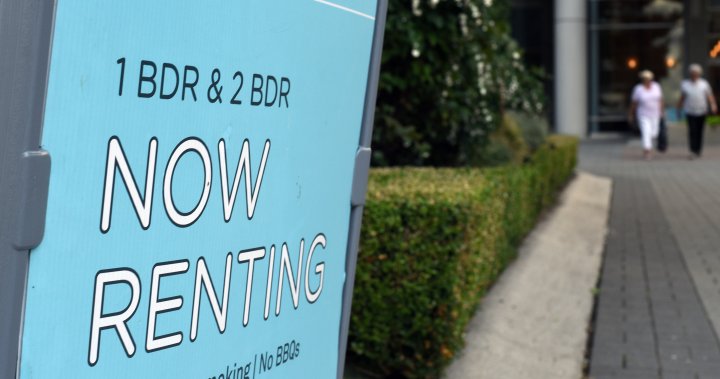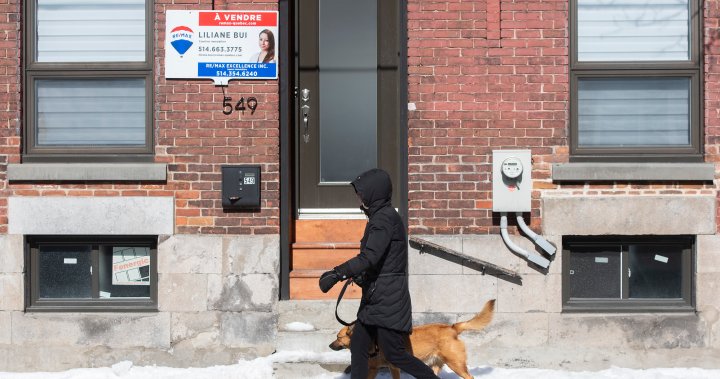In Canada, renters are more likely than homeowners to experience a lower quality of life, including financial distress and loneliness, according to a new Statistics Canada report.
The report released on Monday, Feb. 19, based on data collected in 2021 and 2022, showed renters were more than 15 percentage points more likely to report difficulty in meeting financial needs, and at least 11 percentage point less likely to report high overall life satisfaction, than homeowners.
“Tenants were also less likely to report a strong sense of belonging to their community and were more likely to report feelings of loneliness,” the report said.
The data was splintered based on age group as Canadians aged 55 and over (74.2 per cent) were more likely to own their home than those aged 15 to 54. When younger Canadians do own their homes, they are less likely to have paid off their mortgage, leaving them more vulnerable to interest rate hikes.
Renters also spend more on the cost of shelter than homeowners. In the second quarter of 2023, 27 per cent of all Canadian households reported having difficulty meeting financial needs due to rising shelter costs, according to StatCan. This was up from 19 per cent in late 2021.
Get the latest Money 123 news.
Sent to your email, every week.
Interest rates are currently at 22-year highs after the Bank of Canada began raising them in March 2022 in an effort to tame inflation.
According to 2021 census data, 20.9 per cent of households in Canada lived in unaffordable housing and 7.7 per cent spent more than half their income on shelter costs. In Toronto, 30.3 per cent of households lived in unaffordable housing, with 12.6 per cent spending at least half their incomes on shelter costs. Vancouver saw 29.6 per cent spending half their income on shelter costs.
New tenants in 2023 faced particularly high costs. In 2023, the gap between average rents in turnover and non-turnover units was 13 per cent across the country, although it was even higher in Vancouver (27 per cent) and Toronto (31 per cent).
Speaking to Global News last week, Federal Housing Advocate Marie-Josée Houle stressed the need for the government to invest in non-market rental housing.
“The rents that people pay in housing co-ops, compared to those in the private market, in buildings that are of comparable size in the same city and comparable age (are much lower),” she said. “People in co-ops will pay up to $6,000 a year less for their accommodation.”
Houle told the House of Commons Standing Committee on Finance on Feb. 15 that 20 to 30 per cent of Canada’s rental housing stock is owned by institutional investors.
“First of all, the financialization of housing and the negative effects (must be dealt with),” Houle said. “Secondly, the protection of renters must be a priority. And finally, the government must invest in increasing housing availability across the market.”
Houle’s comments come as new data shows rental prices hit record highs in January, with the average rate being almost $2,200. That’s a 10 per cent increase from a year before, a Rentals.ca report stated.
According to the StatCan report, 51.7 per cent of Canadian residents report high life satisfaction, but in both Ontario (48.3 per cent) and B.C. (48 per cent) residents report lower levels of satisfaction. Quality of life was reportedly even lower in major cities: Toronto (46 per cent) and Vancouver (45.1 per cent).
Although residents in Toronto and Ontario in general, were likely to report “excellent” or “very good” mental health, respondents from Vancouver were significantly less likely to report high mental health levels compared to people living in other parts of B.C.
© 2024 Global News, a division of Corus Entertainment Inc.




